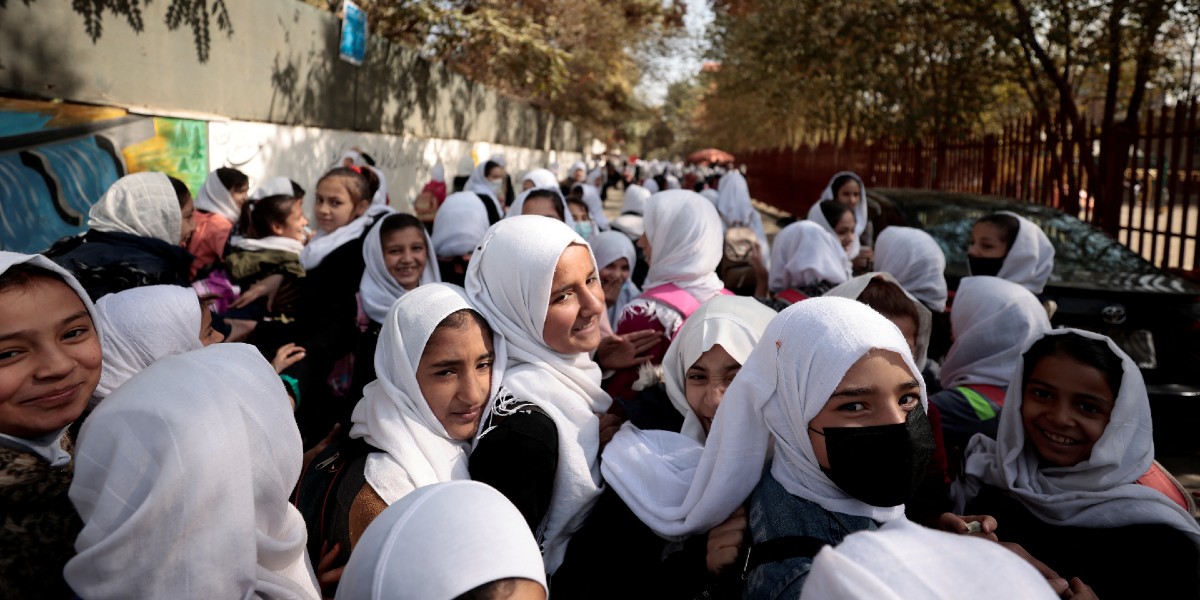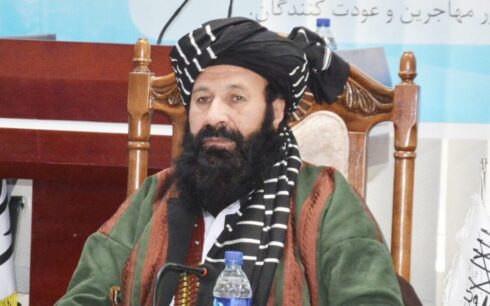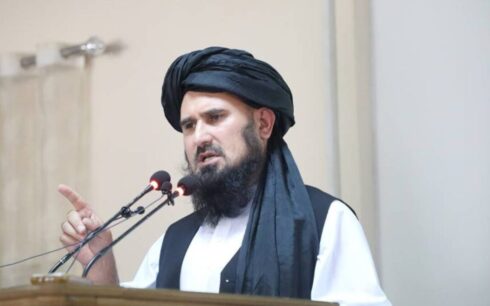Audrey Azoulay, Director-General of UNESCO, has decided to dedicate the 2023 International Day of Education (January 24) to women and girls of Afghanistan and will use the opportunity to renew its calls for their fundamental right to education to be restored.
On the day, UNESCO will host an event at the United Nations in New York, that will be attended by the organization’s Secretary-General Antonio Guterres.
Currently, 80% (2.5 million) of school-aged Afghan girls and young women are out of school, because of the Taliban’s decision to deny them access to secondary schools and universities, UNESCO said in a statement.
Since August 2021, UNESCO has adapted its interventions to support the continuity of education in challenging circumstances and an advocacy campaign reached over 20 million Afghans, which helped increase public awareness of the right to education for youth and adults, especially adolescent girls and women.
UNESCO has also partnered with NGOs on the ground, providing content and funding to deploy a community-based literacy campaign that targeted 25,000 young people and adults in rural areas, including mostly adolescent girls above the age of 15 and women, the agency said.
To reach as many girls and women as possible, UNESCO is also working to provide distance education through Afghan media outlets, especially radio stations. Radio is accessible to more than two-thirds of the population and has the advantage of being available directly in homes, the statement read.
Of those being supported is a women-led radio station that will produce over 200 hours of educational content per month dedicated to girls and women, broadcast to at least eight provinces across the country in 2023.
“But nothing can replace the classroom, which is a place of social integration, where people learn to live together, where students and teachers take part in the pedagogic process. Therefore, UNESCO and its Member States will also continue their advocacy to put the right to education of Afghan girls and women at the top of the international agenda,” the organization said.
UNESCO also pointed out that the decisions being made by the Taliban in Afghanistan threaten to wipe out the development gains made by the country over the past 20 years. “From 2001 to 2021, Afghanistan saw a tenfold increase in enrolment at all education levels from around 1 million students to around 10 million, with the support of the international community, including UNESCO,” the organization stated.
During this period, the number of girls in primary school increased from almost zero to 2.5 million. Women’s participation in Afghan higher education also increased almost 20 times, from 5,000 students to over 100,000. Literacy rates for women almost doubled, from 17% of women being able to read and write in 2001 to nearly 30% for all age groups combined.





